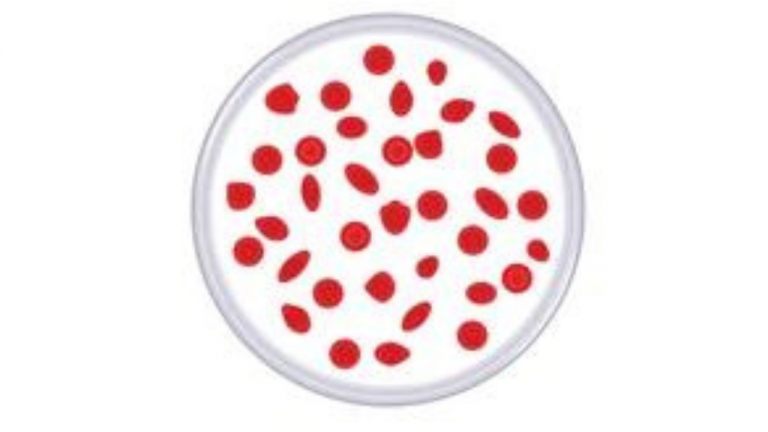How to Get More Fiber in Your Diet

Getting enough fiber in your diet is important for maintaining good digestive health, supporting weight management, and reducing the risk of chronic diseases. Here are some tips to help you incorporate more fiber into your diet:
Eat plenty of fruits and vegetables: Fruits and vegetables are excellent sources of fiber. Include a variety of fruits and vegetables in your meals and snacks throughout the day. Opt for whole fruits instead of fruit juices, as whole fruits retain their natural fiber content.
Choose whole grains: Replace refined grains with whole grains. Whole grain options like brown rice, quinoa, whole wheat bread, oats, and whole grain pasta contain higher amounts of fiber compared to their refined counterparts. Check product labels to ensure you’re choosing whole-grain options.
Include legumes and beans: Legumes such as lentils, chickpeas, black beans, and kidney beans are rich in fiber. Incorporate them into soups, stews, salads, or side dishes. You can also make dips like hummus from chickpeas or enjoy a bean-based chili.
Snack on nuts and seeds: Nuts and seeds like almonds, chia seeds, flaxseeds, and pumpkin seeds are not only nutritious but also high in fiber. Enjoy them as snacks, sprinkle them on salads or yogurt, or use them in baking and cooking.
Add more fiber-rich snacks: Choose fiber-rich snacks like raw vegetables, fresh fruits, or whole grain crackers. These can be great options to satisfy your hunger between meals while providing an extra fiber boost.
Include high-fiber breakfast options: Start your day with a fiber-rich breakfast. Opt for whole-grain cereals or oatmeal topped with fruits, nuts, and seeds. You can also try adding flaxseed or chia seeds to your smoothies or yogurt for an extra fiber kick.
Increase your vegetable intake: Include a variety of vegetables in your meals. Try to have a mix of cooked and raw vegetables. Incorporate vegetables into soups, stir-fries, salads, or as a side dish to boost your fiber intake.
Choose snacks wisely: When selecting packaged snacks, opt for options that are labeled as high in fiber or contain whole grains. Be mindful of added sugars and unhealthy fats in processed snacks. Whole fruits, vegetables with hummus, or homemade trail mix with nuts and dried fruits can be healthier snack choices.
Stay hydrated: Drinking an adequate amount of water is important for proper digestion and to prevent constipation. Fiber absorbs water and helps soften stool, making it easier to pass. Aim to drink plenty of water throughout the day.
Gradually increase fiber intake: If you’re not used to consuming high-fiber foods, it’s important to increase your fiber intake gradually. Sudden significant increases in fiber intake can cause digestive discomfort. Start by adding small portions of fiber-rich foods and gradually increase over time.
Remember to listen to your body and make adjustments as needed. If you have specific dietary requirements or health conditions, it’s always best to consult with a registered dietitian or healthcare professional for personalized advice on incorporating more fiber into your diet.



